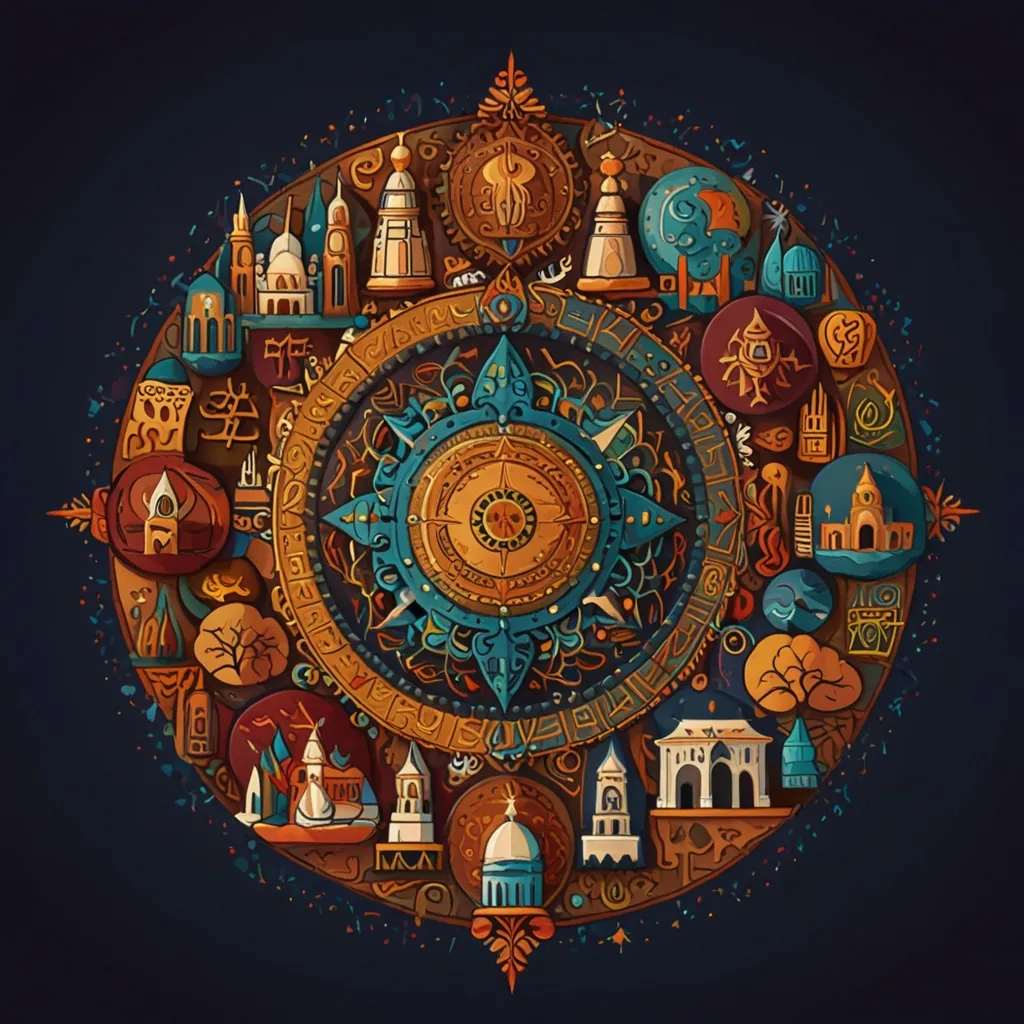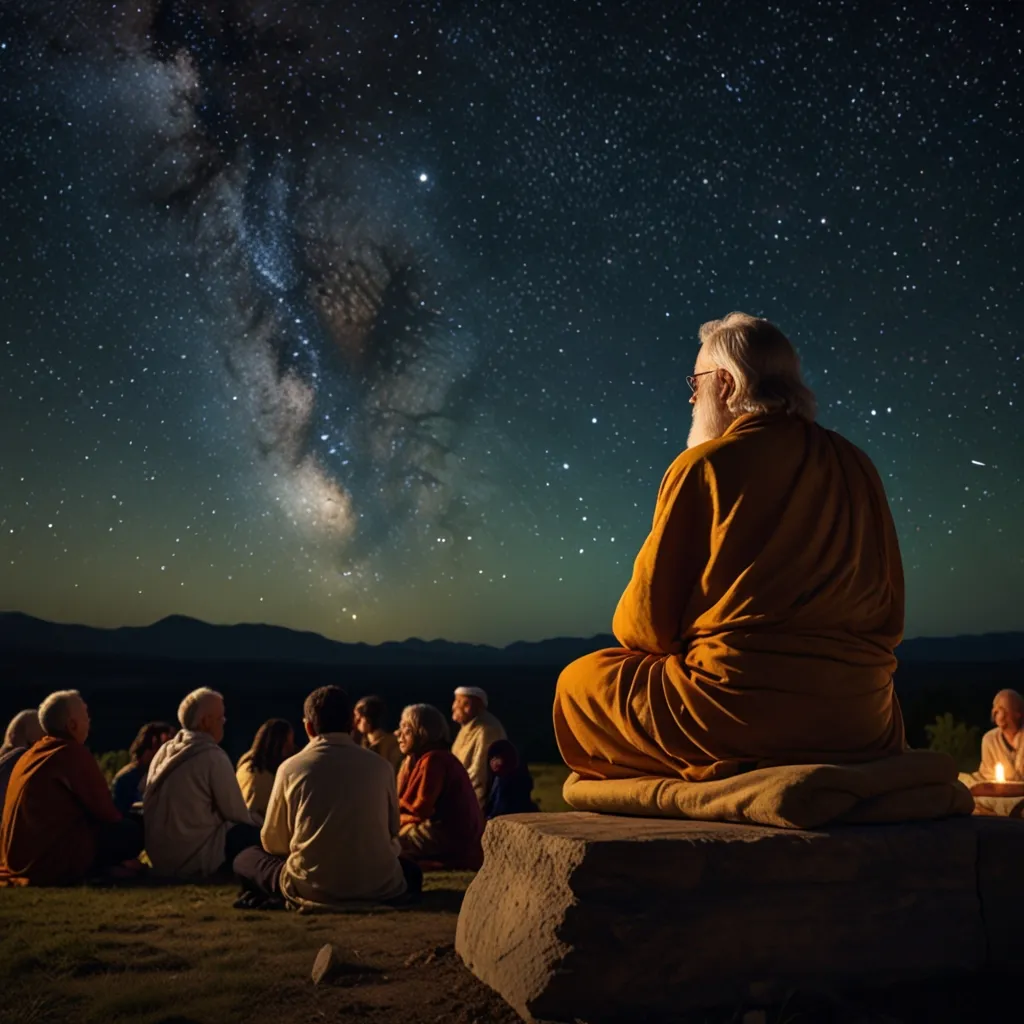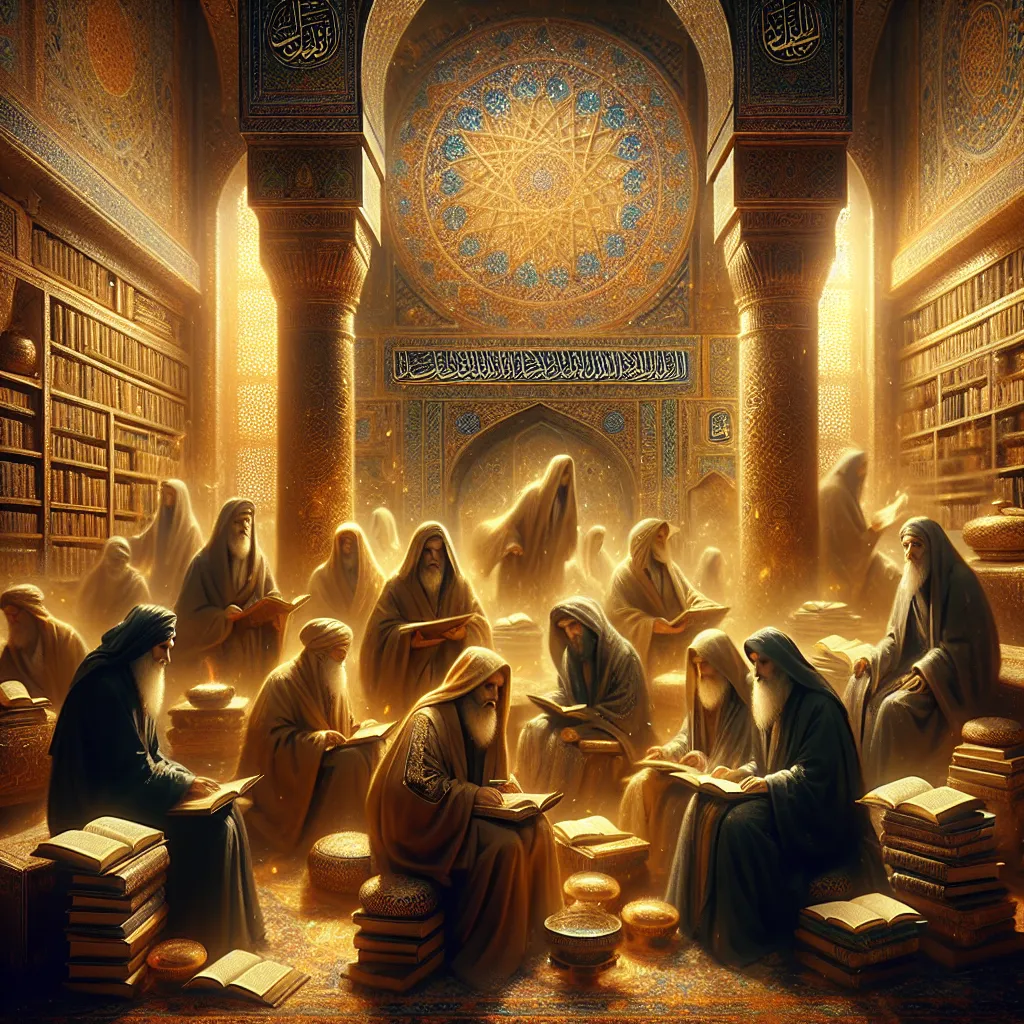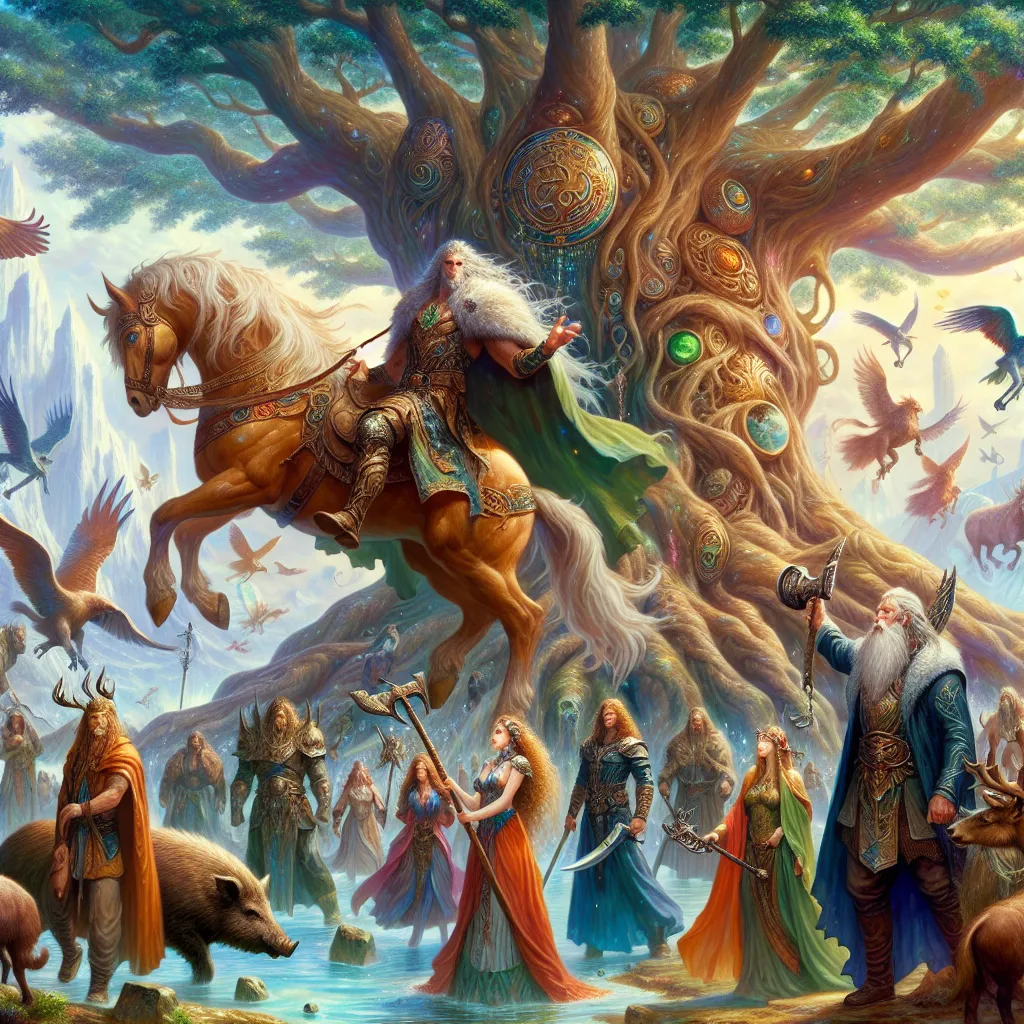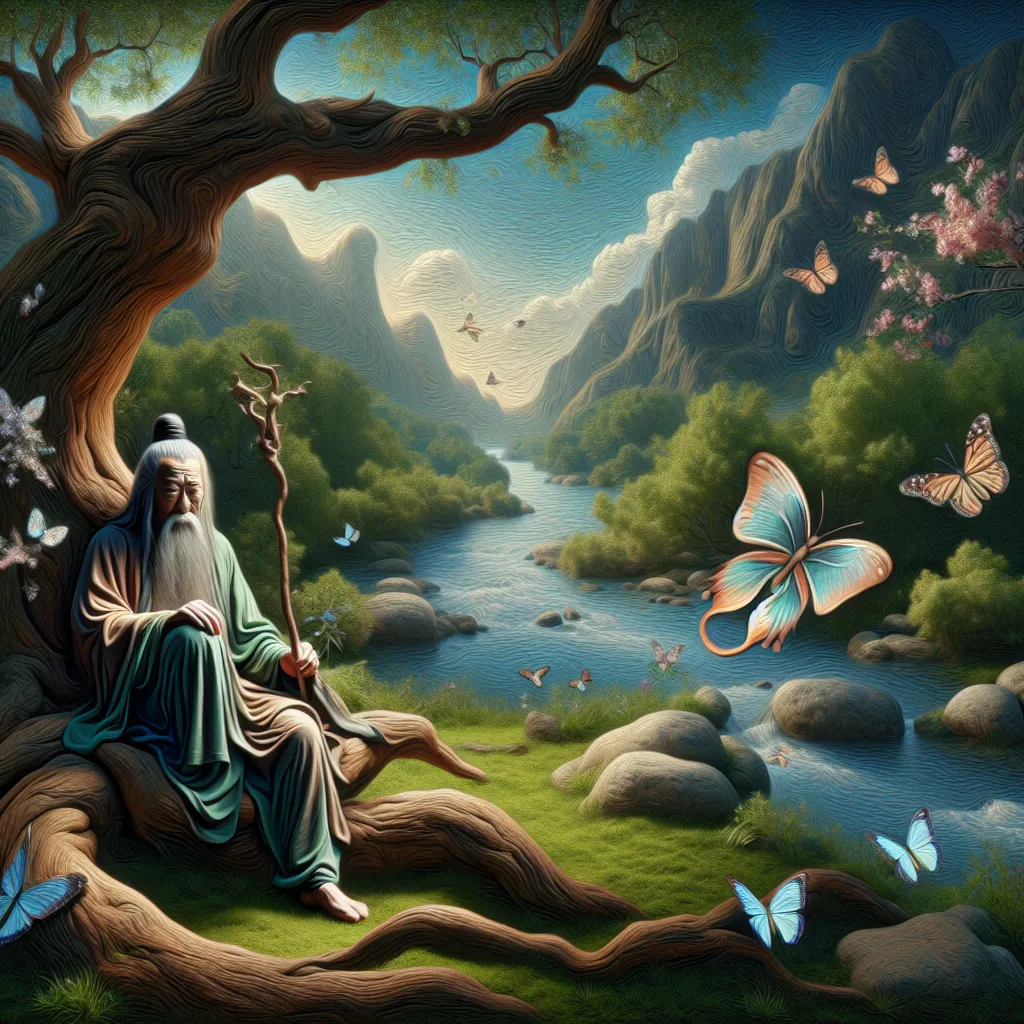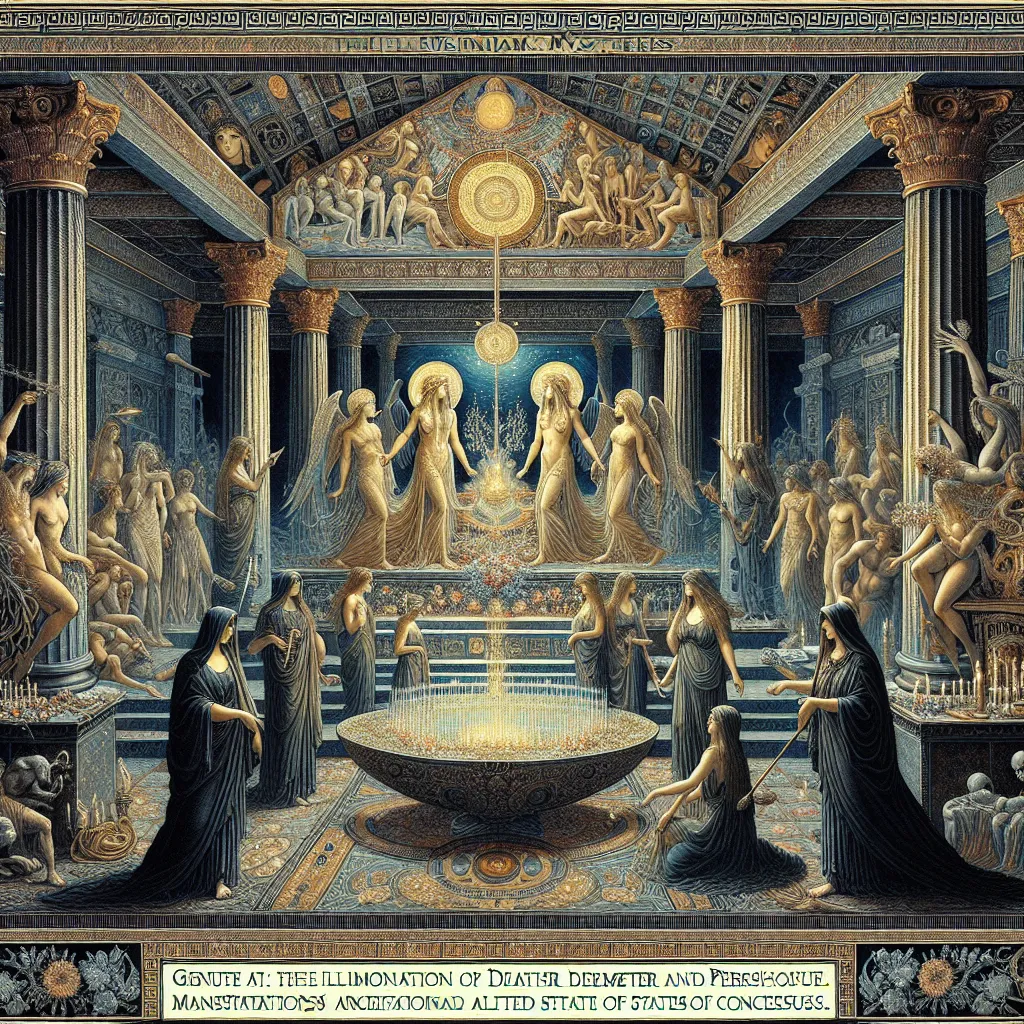Religion is a huge part of human life and has been shaping cultures, beliefs, and everyday life for billions around the world. Ever wondered how many religions exist? It’s not a simple answer.
First off, let’s hit the big ones. Christianity, Islam, Hinduism, Buddhism, and Judaism are the five major players. Christianity tops the list with over 2.2 billion followers, while Islam boasts around 1.6 billion. Hinduism has about a billion devotees, and Buddhism and Judaism follow with roughly 500 million and 14 million, respectively.
But hold on, that’s just the tip of the iceberg. There’s a vast number of other religions out there. Around 400 million people practice various folk or traditional religions. We’re talking African traditional religions, Chinese folk religions, Native American religions, and Australian aboriginal religions. These faiths are often deeply rooted in local cultures and traditions, making them super important for those communities.
Then there are the lesser-known religions that still pack a punch. The “other religions” category includes the Baha’i faith, Jainism, Sikhism, Shintoism, Taoism, Tenrikyo, Wicca, and Zoroastrianism, among others. While they might not have as many followers, they each hold significant influence in different ways.
And let’s not forget the religiously unaffiliated crowd. About one in six people worldwide, roughly 1.1 billion folks, don’t identify with any religion. This group includes atheists, agnostics, and people who simply say, “No thanks” to any particular religion. Despite this, many still hold some spiritual beliefs.
Diving deeper, some experts estimate there are around 4,200 different religions and faith movements out there. Talk about variety! These range from ancient prehistoric religions to modern new religious movements.
Broadly speaking, religions can be split into three types: world religions, indigenous religions, and new religious movements. World religions have an international presence; indigenous religions are tied to specific cultures or nations, and new religious movements are the fresh faces on the block, often blending different traditions.
Sacred texts are a big deal in many religions, guiding their beliefs and practices. For instance, Christianity leans on the Bible, Islam holds the Quran close, and Hinduism respects the Rig Veda. These texts not only provide spiritual guidance but also shape the culture and values of their followers.
In a nutshell, the world of religion is diverse and expansive. From the big names to smaller folk religions and new movements, each faith brings its own flavor and significance to the rich human tapestry. Understanding these differences can help us appreciate the colorful mosaic of human spirituality.
